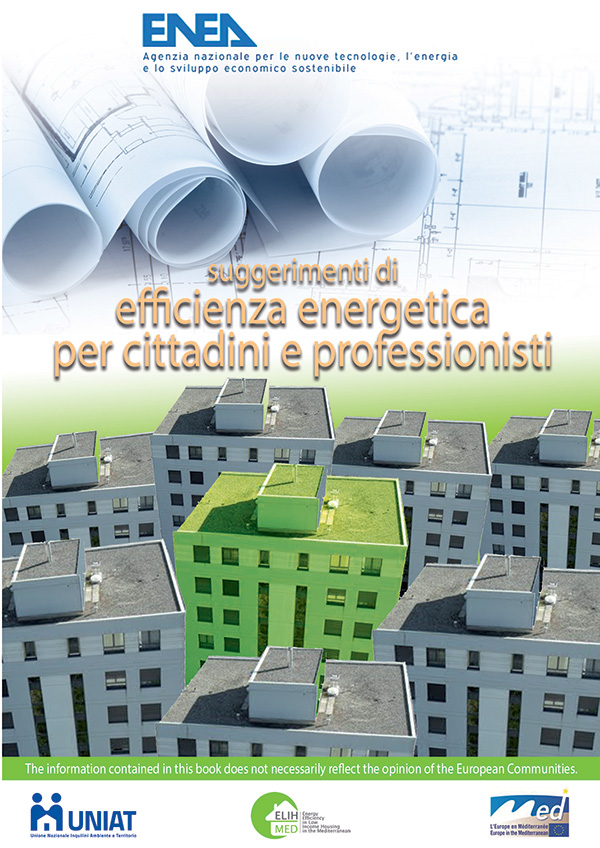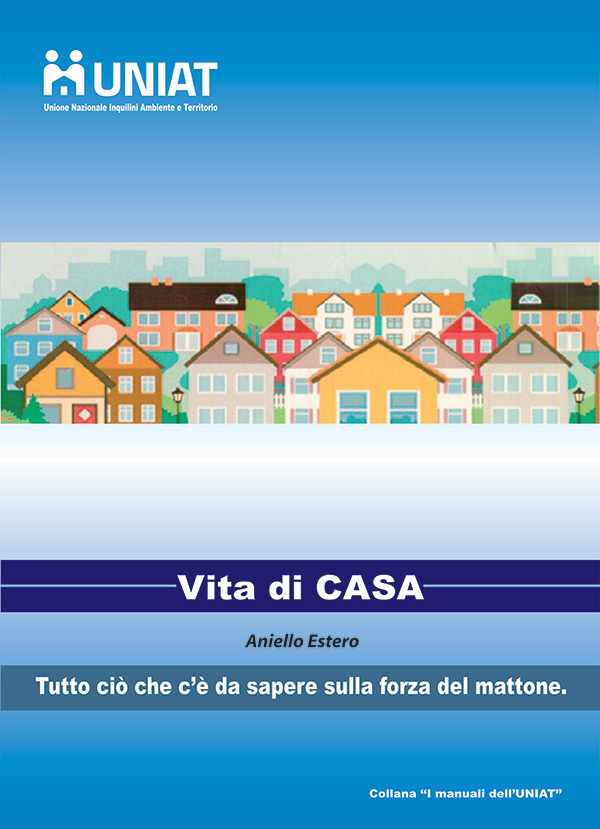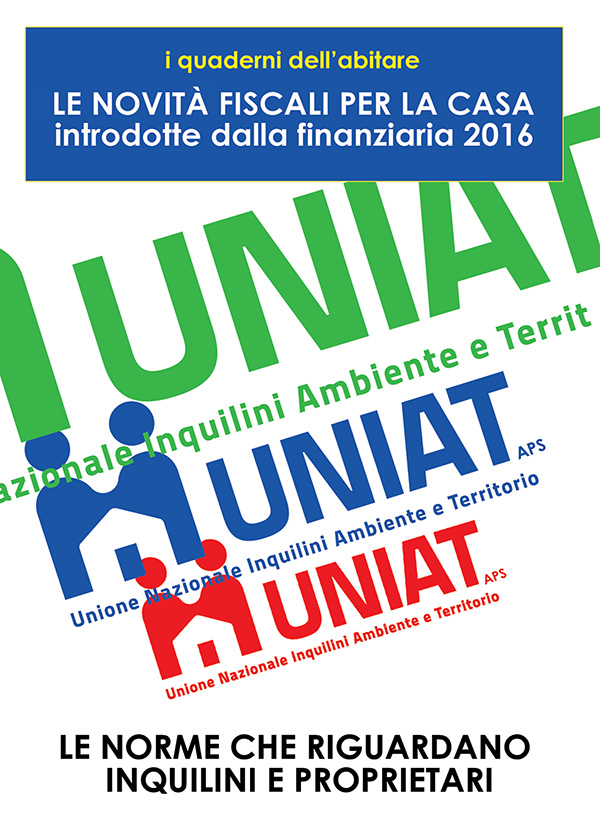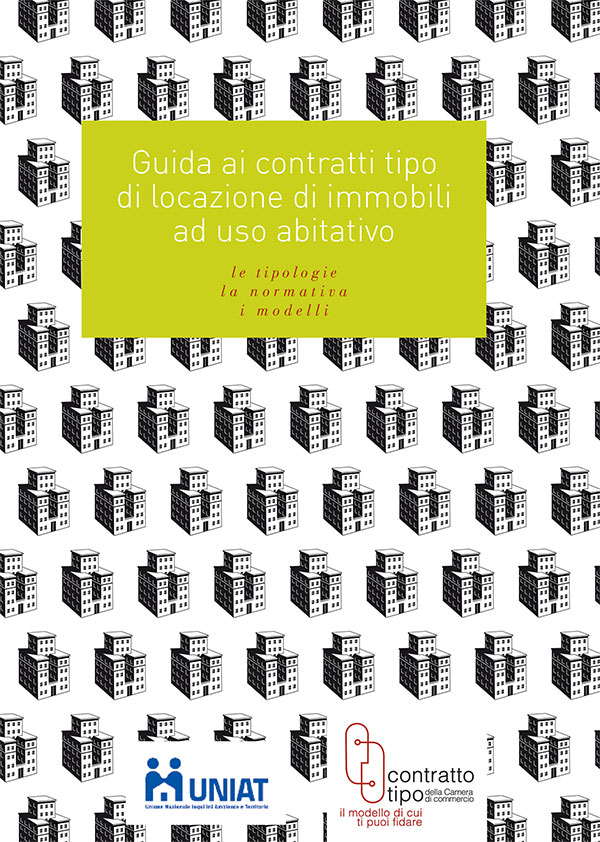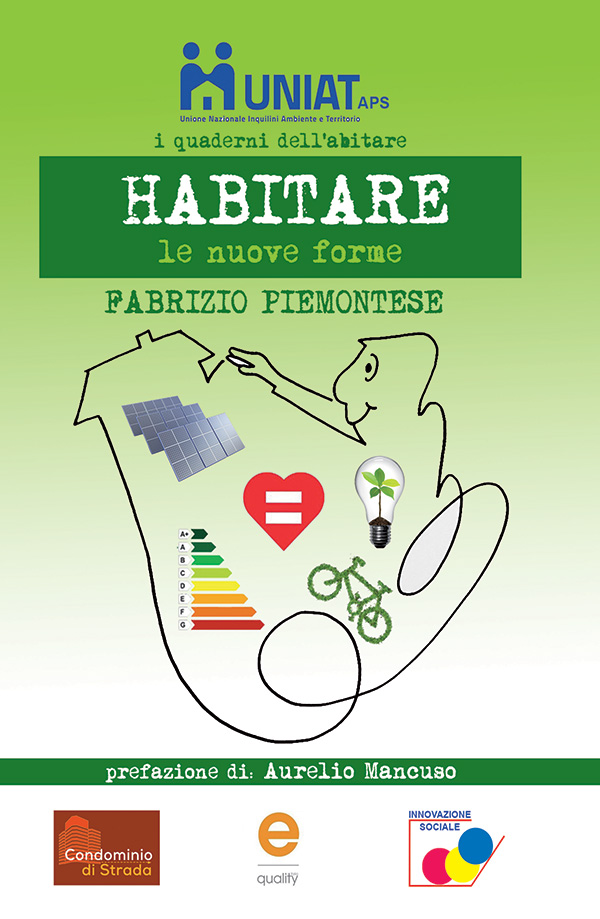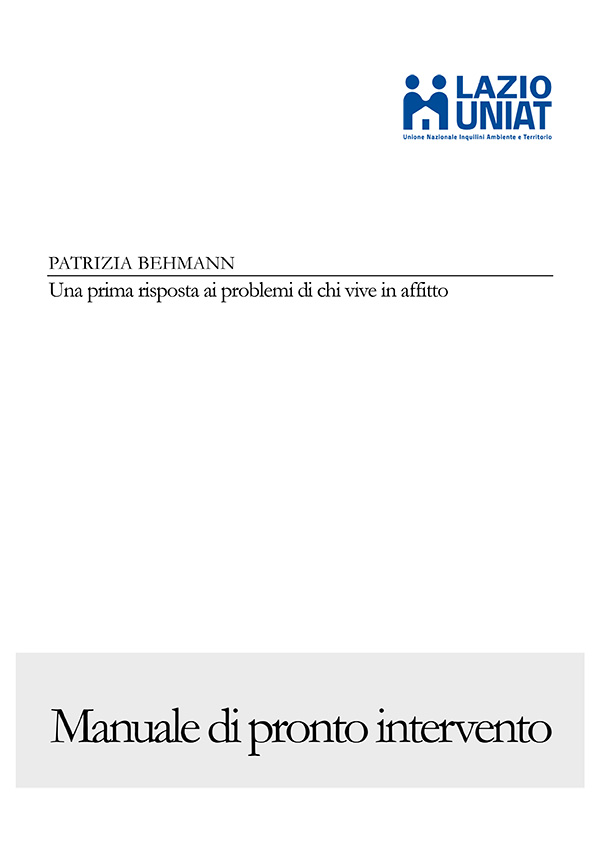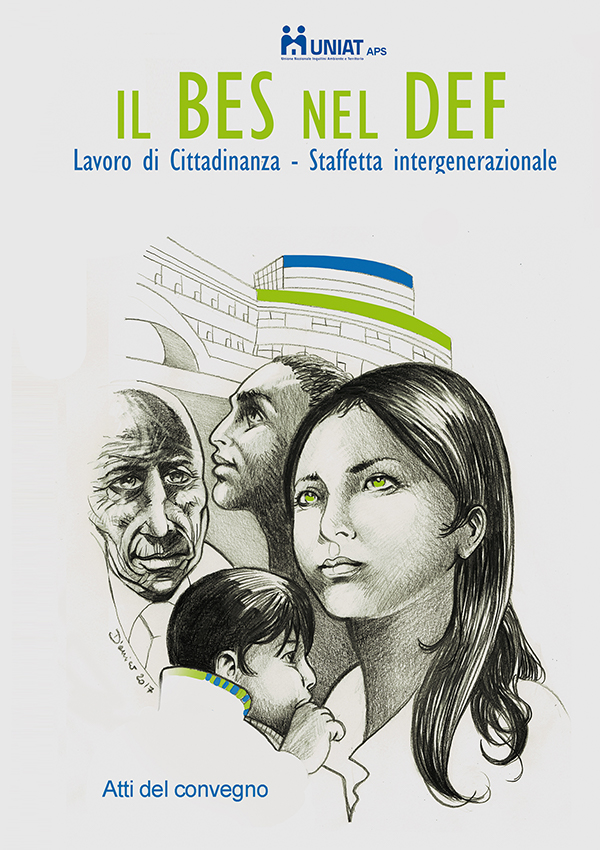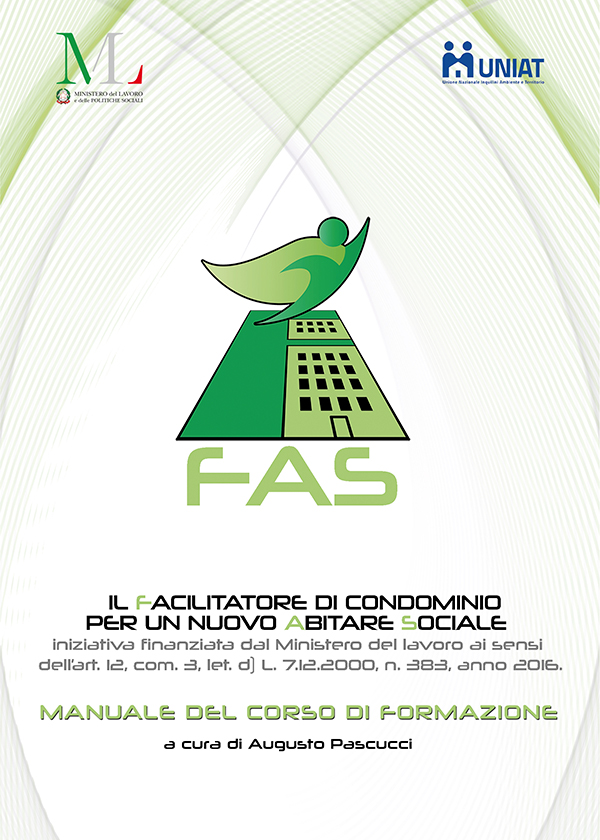Indonesia’s Corruption
Fighters in the Fight of Their Lives
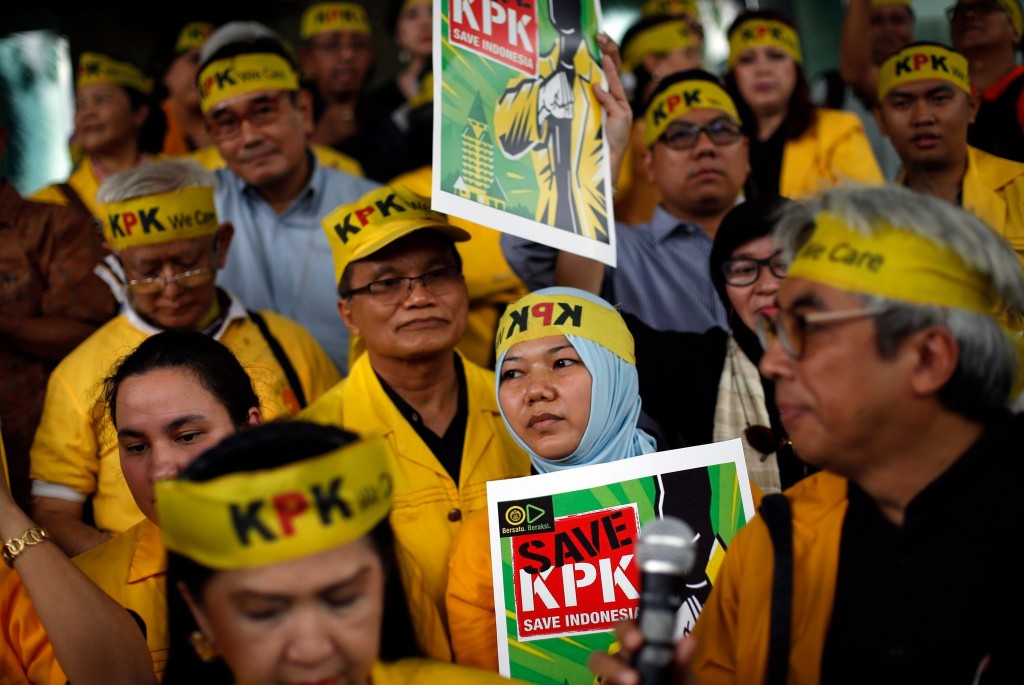
JAKARTA, Indonesia — Over the past decade, Indonesia was so determined to erase the tainted legacy of Suharto, the strongman forced to resign in 1998, that it established one of the world’s more effective anticorruption agencies. Now the future of that agency, the Corruption Eradication Commission, known as the K.P.K., is under serious threat in a standoff with the police and President Joko Widodo.
Over the years, the commission, with its professional team of investigators and prosecutors, has had an impressive record of attacking corruption. Since 2003, hundreds of government officials, politicians and businessmen have been put in jail.
Not surprisingly, the commission has made many enemies and has often had to withstand attempts by entrenched interests to weaken or dismantle it. But nothing has seemed as perilous as the most recent turn of events.
Mr. Joko was elected in 2014 on a promise to deliver honest and effective governance in one of Southeast Asia’s most corrupt countries. His latest actions, however, show his inability to withstand pressures from the entrenched elite.
Despite outrage among members of the media and voters over the Budi nomination, Mr. Joko dithered for weeks over what to do. The result has been a distracted government and growing doubts about his competency and commitment to reform. “Imagine the chief of national police as a suspect,” Mr. Abraham said in an interview last week when he still had his job.
The problem goes beyond a single bad nominee. In fact, “there are few institutions in this country that are not riddled with corruption from top to bottom — police, courts, Parliament,” one senior diplomat in Indonesia said. Tensions between the commission and the police are evolving dangerously. In a move widely seen as retribution, the police recently arrested Mr. Bambang and accused him of forcing a witness to provide false testimony under oath when he was a lawyer in 2010. Criminal complaints have also been raised against Mr. Abraham.
Some experts say the legal moves, especially against Mr. Bambang, who has an outstanding reputation for integrity, appear to reflect an intent among the police and their allies to destroy the anticorruption agency. Commissioners and their staff members have also been threatened more systematically than ever before, including with bodily harm, Mr. Abraham said. In in a televised address on Wednesday, Mr. Joko showed little understanding of what’s at stake when he urged “harmony” between the police and the commission.
Reducing corruption in Indonesia is critical if the country is to grow as quickly as Mr. Joko says it must to meet the needs of its people. Commission officials say their prosecution actions have returned millions of dollars to state coffers. Transparency International, which annually rates countries on corruption in their public sectors, says Indonesia has improved its performance on the organization’s “corruption perception index” from 1.9 in 2003 to 34 in 2014; a score of 100 means the public sector is very clean. But Indonesia still ranks 107th out of 175 countries. For comparison, China is 100th on the list of nations, and Russia is 136th.
The effect of corruption goes beyond billions of public dollars lost to bribes and secret bank accounts. “There is no democratic country without legal certainty, and law enforcement — especially on anticorruption issues — is part of that legal certainty,” Mr. Bambang, the deputy commissioner, told me last week before he was suspended. He said that corruption is “one of the biggest enemies in the democratic society.”
Changing a culture is a monumental task, but it will be made harder if the beneficiaries of corruption manage to sabotage the commission’s reputation, tie its leaders up in bogus legal cases, cut its financing or legislate it out of existence.












